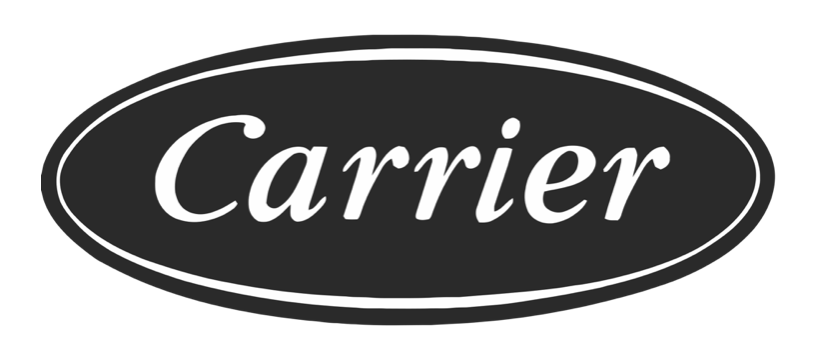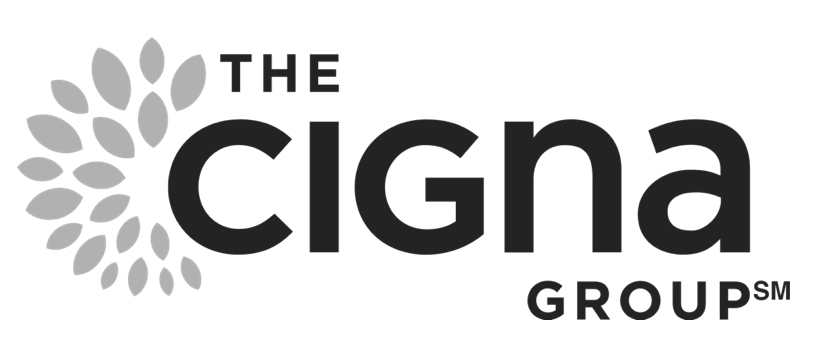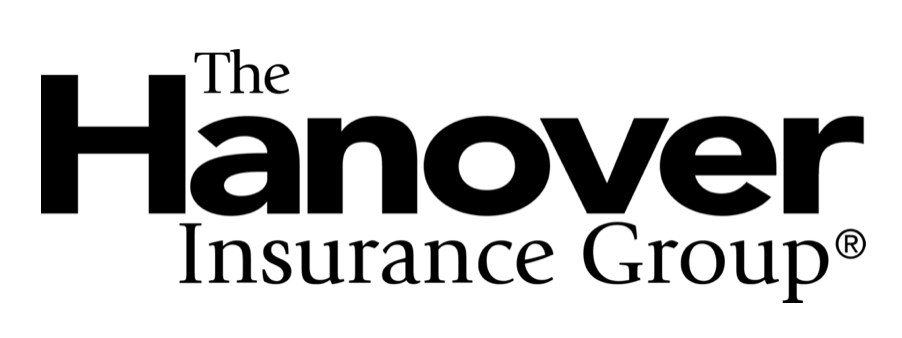
The experts in persuasive communication.
We transform organizations and people by installing powerful communication skills, at scale, through consulting, coaching, training and events. Here’s what we do.
Problems we solve:
Does your team:
Overwhelm the audience with too much detail?
Make things too complicated?
Fail to ask for what they want or need?
Does your organization:
Waste time because of poor internal communication?
Take too long to make decisions?
Struggle to clarify and frame discussions?
Do your leaders:
Exhibit poor executive presence?
Lean on incomplete communication skills?
Fail to align the organization?
It’s a noisy world.
Strong organizations need to be able to communicate effectively with clients, customers, vendors, partners and each other. But how do you build those skills across the entire organization? How do you do that at scale?























“My team needed an approach, a system, to streamline our preparation and make sure we always showed up for our clients in the best possible way. The Latimer Group gave us exactly that. Their Model is our blueprint, and I personally keep it within reach when developing messaging for teams and clients.”
—Stephen Y., Head of Institutional Investment Management at a Fortune 500 bank


